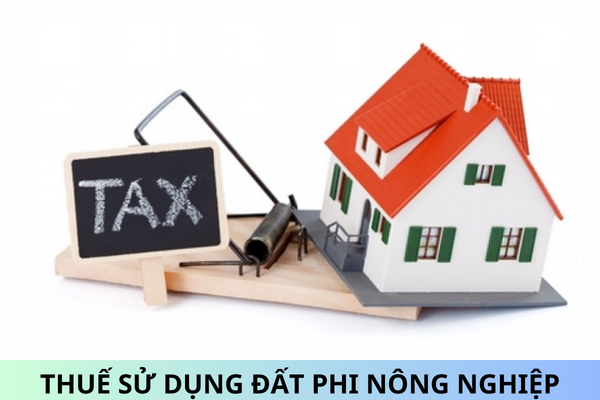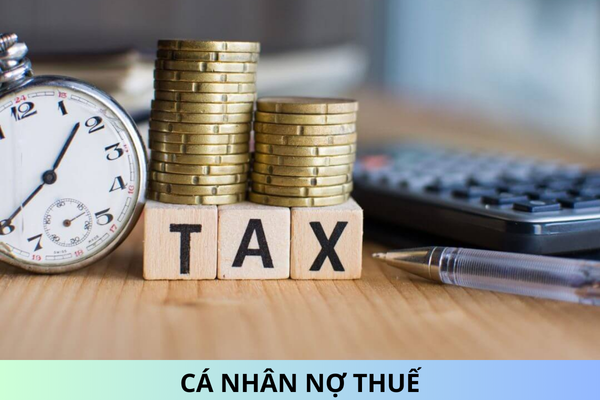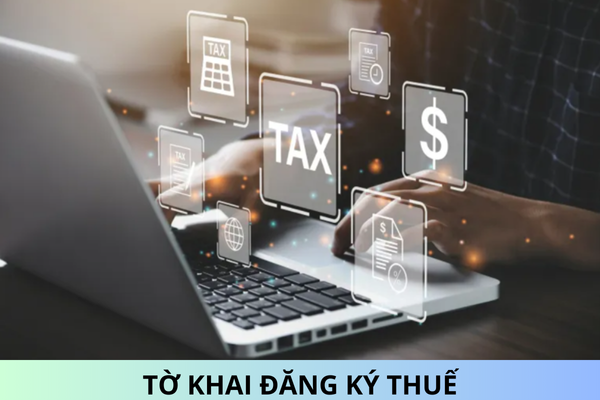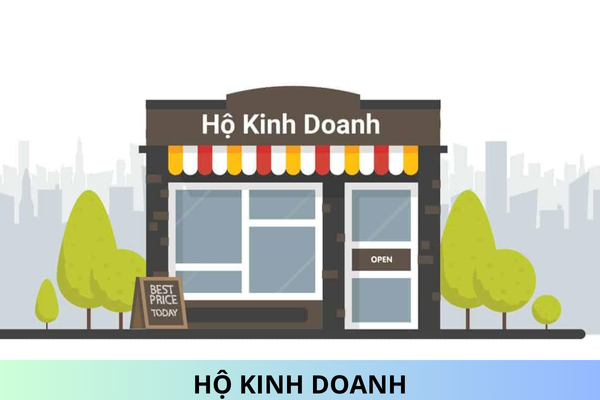Are children of war invalids exempt from non-agricultural land use tax in Vietnam?
Are children of war invalids exempt from non-agricultural land use tax in Vietnam?
Pursuant to Article 9 of the Law on Non-agricultural Land Use Tax 2010, which regulates tax exemption in Vietnam:
Article 9. Tax Exemption
- Land for investment projects in areas especially encouraged for investment; projects in regions with particularly difficult socio-economic conditions; investment projects in encouraged fields in areas with difficult socio-economic conditions; land of enterprises employing more than 50% of wounded and sick soldiers.
- Land used by facilities for private investment in activities related to education, vocational training, healthcare, culture, sports, and environment.
- Land used for building charity houses, houses of solidarity, care facilities for the elderly, disabled, or orphans; social treatment centers.
- Residential land within limits in areas with particularly difficult socio-economic conditions.
- Residential land within limits of those who participated in revolutionary activities before August 19, 1945; war invalids of categories 1/4, 2/4; beneficiaries of policies as war invalids of categories 1/4, 2/4; sick soldiers of category 1/3; heroes of the people's armed forces; Vietnamese Heroic Mothers; biological parents, nurturers of martyrs when they were young; spouses of martyrs; children of martyrs receiving monthly allowances; revolutionaries affected by Agent Orange; families affected by Agent Orange living in difficult conditions.
[...]
According to the above regulations, war invalids of categories 1/4, 2/4; beneficiaries of policies as war invalids of categories 1/4, 2/4 are subjects eligible for exemption from non-agricultural land use tax.
Thus, children of war invalids are not exempt from non-agricultural land use tax.

Are children of war invalids exempt from non-agricultural land use tax in Vietnam? (Image from the Internet)
Who are subject to non-agricultural land use tax in Vietnam?
According to Article 1 of Circular 153/2011/TT-BTC, which regulates taxable subjects in Vietnam:
Article 1. Taxable Subjects
- Rural residential land, homestead land in urban areas as stipulated by the Land Law of 2003 and its guiding documents.
- Non-agricultural production and business land includes:
2.1. Land for constructing industrial zones, including land for industrial clusters, industrial parks, export processing zones, and other concentrated production and business zones with unified land use policies;
2.2. Land used as sites for constructing production and business facilities, including land for construction of industrial facilities, handicraft facilities; commercial or service business facilities and other constructions serving production and business (including land used as sites for constructing production and business facilities within high-tech parks, economic zones);
[...]
Thus, those subject to non-agricultural land use tax in Vietnam include:
- Residential land in rural areas, homestead land in urban areas as regulated.
- Non-agricultural production and business land includes:
+ Land for constructing industrial zones
+ Land used as sites for constructing production and business facilities
+ Land for mineral extraction, land used as sites for mineral processing, except in cases where mineral extraction does not affect the topsoil or ground surface;
+ Land for manufacturing construction materials and ceramics, including land for extracting raw materials and land used as sites for processing and producing construction materials and ceramics.
- Non-agricultural land used by organizations, households, and individuals for business purposes.
Who is obligated to pay non-agricultural land use tax in Vietnam?
Pursuant to Article 3 of Circular 153/2011/TT-BTC, which regulates taxpayers of non-agricultural land use tax in Vietnam:
- Taxpayers include organizations, households, and individuals with land use rights subject to tax as regulated.
- In cases where organizations, households, or individuals have not been issued a certificate of land use rights, home ownership, and other assets attached to the land, the current land user is the taxpayer.
- Taxpayers in specific situations are determined as follows:
+ In cases where the state allocates or leases land for project implementation, the person allocated or leased the land by the state is the taxpayer;
+ In cases where the land user leases land based on a contract, the taxpayer is determined according to the agreement within the contract.
If the contract does not specify a taxpayer, the land user is the taxpayer;
+ In cases where the land has been issued a certificate but is under dispute, until the dispute is resolved, the current land user is the taxpayer.
+ In cases where multiple parties have rights to a parcel, the taxpayer is the legal representative of those who have joint rights to that parcel.
+ If a person contributes capital for business using land use rights that create a new legal entity with land use rights subject to tax, the new legal entity is the taxpayer.
+ In cases where state-owned housing is leased, the taxpayer is the lessor (the unit entrusted with signing the contract with the lessee).
+ If the state allocates or leases land for housing development projects for sale or rent, the taxpayer is the person allocated or leased the land by the state.
+ When transferring land use rights to other organizations or individuals, the transferee is the taxpayer.










